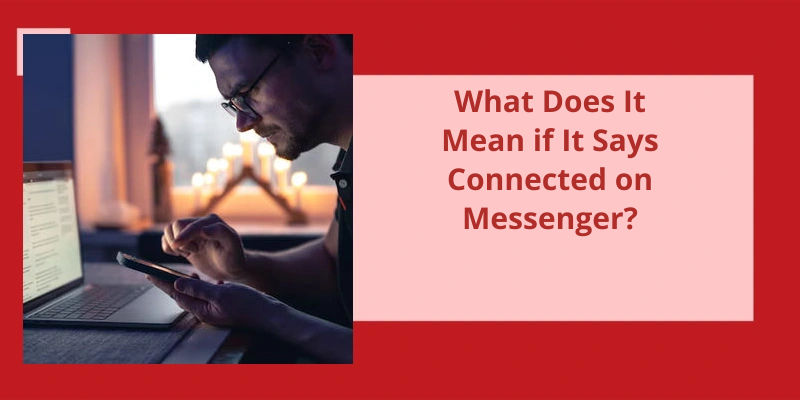The act of eavesdropping is often seen as a violation of privacy, as it involves listening in on conversations that weren’t intended for your ears. Whether it's a person leaning in to catch whispered conversations or an electronic device recording private discussions, the act of secretly hearing what others are saying can have serious consequences. From workplace gossip to classified information, eavesdropping can reveal sensitive information and cause harm to those involved. Despite this, some people still engage in this practice, either out of curiosity or a desire for power. As the age of technology gives us new ways to communicate, the need for vigilance against eavesdropping has become even more pressing.
What Is Stealthy Listening?
Stealthy listening, on the other hand, involves intentionally and covertly listening to someone or a group of people without their knowledge. It can be done using various devices such as hidden microphones, bugs, or even smart speakers. This activity is often associated with espionage, surveillance, and espionage-related activities.
For example, law enforcement agencies can use it to collect evidence in ongoing investigations. Corporations can use it to monitor their employees conversations to ensure there are no violations of company policies. However, the use of stealthy listening is heavily regulated to prevent abuses and protect peoples privacy.
Although stealthy listening is often associated with negative activities, it can also be used for positive purposes. For example, parents can use it to monitor their childrens conversations to ensure their safety. It can also be used to provide better customer service by analyzing customers conversations with customer service representatives and identifying areas for improvement.
However, the use of stealthy listening raises ethical and legal concerns. It can violate peoples privacy and their right to have private conversations. It’s also illegal in many situations, such as recording conversations without consent.
It can be used for both positive and negative purposes, but it’s use is heavily regulated to protect peoples privacy.
Now that we understand the meaning of eavesdropping and secretly listening in on someone’s conversation, let’s explore the ethical implications of this behavior and how it can impact personal and professional relationships.
What Does Secretly Listen Mean?
Secretly listening in on someones conversation, otherwise known as eavesdropping, is considered an unethical and rude behavior. It involves intentionally listening to another persons conversation without their consent or knowledge. Eavesdropping is often associated with being nosy or intrusive, and it can lead to misunderstandings and damaged relationships.
Most people have probably engaged in eavesdropping at some point in their lives, whether it be accidentally overhearing a conversation or intentionally trying to listen in on a private conversation. It’s a natural human instinct to want to know what others are saying about us, but it’s important to recognize the boundaries of privacy and respect them.
Eavesdropping can be done in various settings, such as in public places like coffee shops, libraries, or even at work. It’s often fueled by curiosity or the desire to obtain valuable information about someone. However, it’s crucial to understand that eavesdropping can have severe consequences, such as damaging personal or professional relationships, or even legal implications.
For instance, it’s illegal to wiretap someones phone without their consent, and doing so can result in severe legal consequences. Therefore, it’s essential to be mindful of the laws and regulations surrounding eavesdropping to avoid any legal issues.
Instead, it’s recommendable to engage in open and honest communication with others, as it builds trust and strengthens relationships. Listening to others with permission and respect is far more valuable than overhearing a conversation without their knowledge.
Source: Eavesdrop – Definition, Meaning & Synonyms – Vocabulary.com
Conclusion
It can lead to various consequences, ranging from mild discomfort to severe legal implications. Eavesdroppers can damage relationships, gain access to confidential information, or even use it for nefarious purposes. Therefore, it’s essential to respect personal boundaries and refrain from violating others' privacy. Let’s strive to uphold the fundamental values of confidentiality, respect, and integrity in our interactions and conversations.






